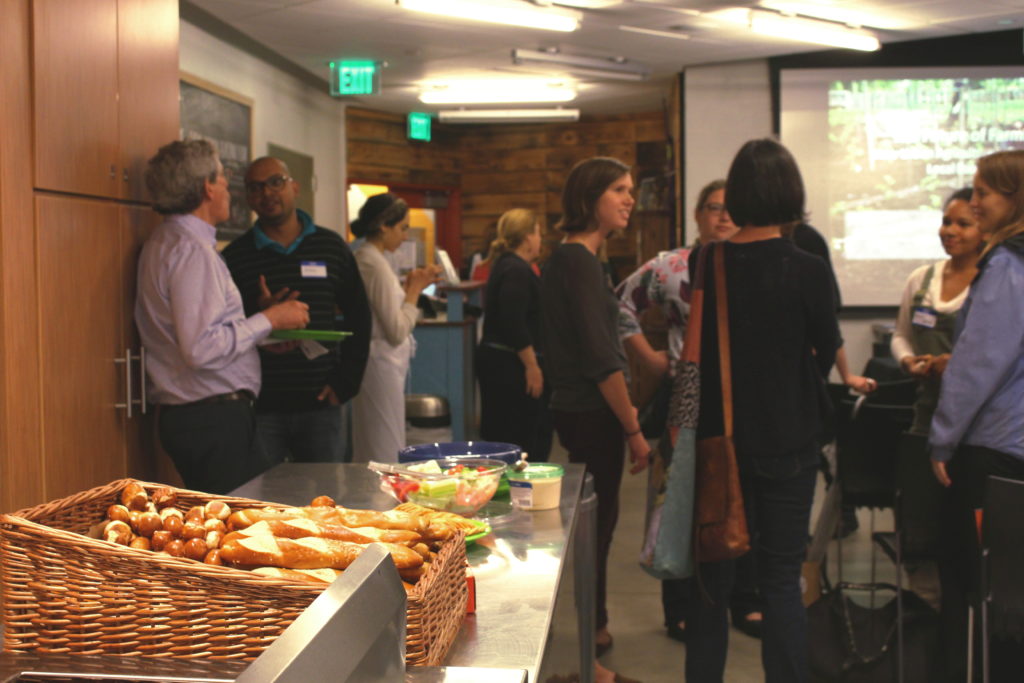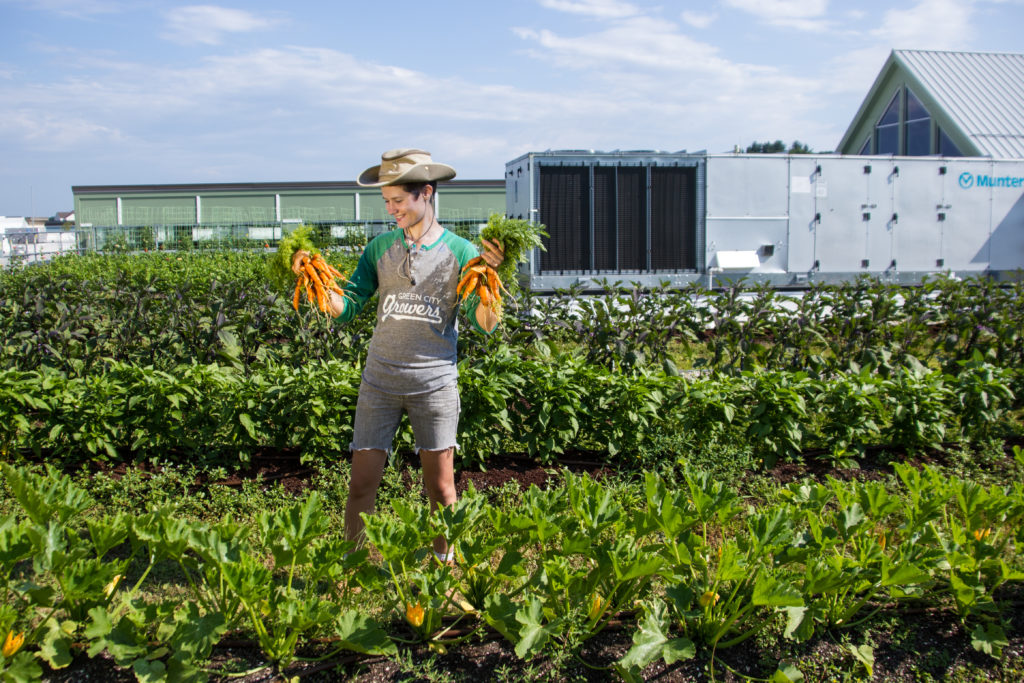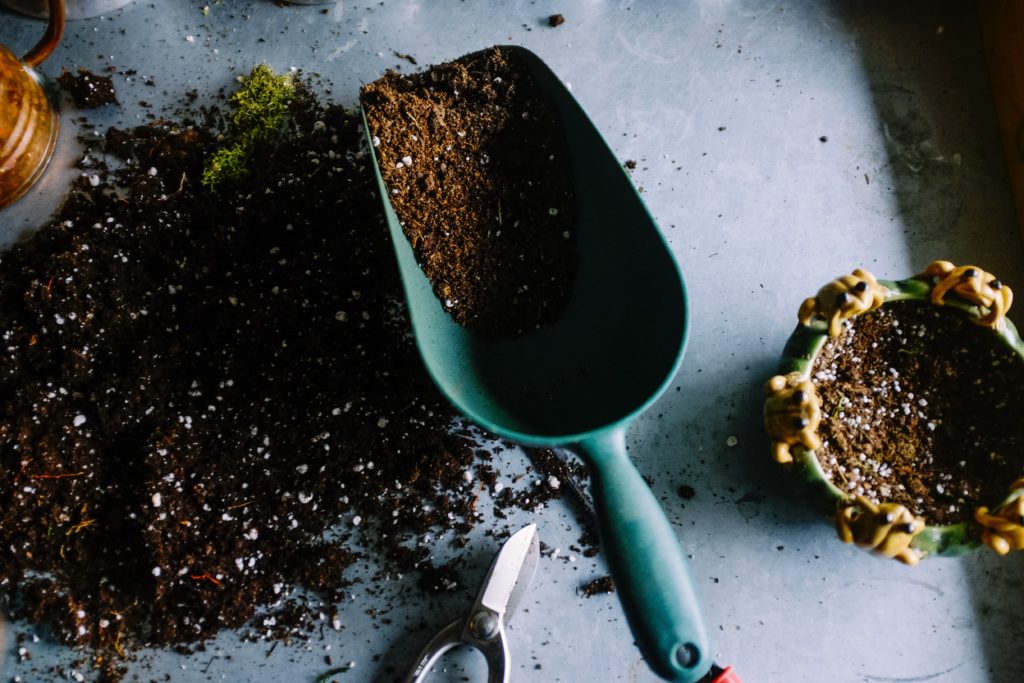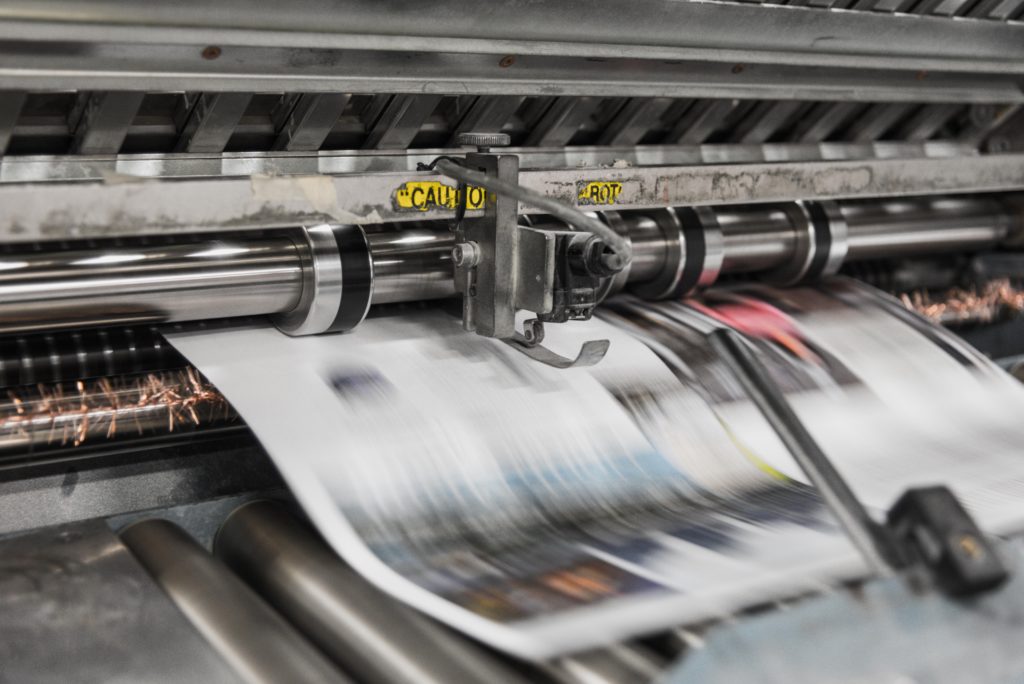BY KRISTIN KELLEHER, APRIL 5th, 2018
Earth Day is just around the corner (April 22nd). Have you decided how your business will celebrate the occasion?
Here are 10 simple ideas to help your business make a positive impact this Earth Day.
-
Educate your team! Book a lunch and learn with CABA

Do you think your business may benefit from learning about sustainable supply chains? Have you been interested in finding out about the benefits of carbon pricing? If your business was affected by a power outage in one of the recent storms, you may also benefit from learning more about climate resiliency. CABA offers free lunch and learns for member businesses. Gather your colleagues in a conference room and we will come to your place of business with a free and comprehensive presentation. Email me at kristin.kelleher@cabaus.org for more information.
Don’t have time to book a lunch and learn? Listen to our new podcast of Climate XChange, Cooler Earth. It is your weekly dive into the latest news and current state of energy, sustainability, environmental politics, and all things climate change. Each week, we have an in-depth discussion on a specific topic relating to the science and economics of global warming, featuring expert guests.
-
Start your own garden (pretty much) anywhere

Photo courtesy of Green City Growers
Have you noticed all the rooftop gardens popping up in cities and towns? Innovative organizations like member business, Green City Growers, have been showing consumers that commercial, municipal, educational, and residential spaces are all fair game for a farm.
While we’ve all noticed the beauty of rooftop gardens from afar, there are many benefits to growing one at your workplace. Benefits include increasing air quality and growing local food. Gardening can also serve as a means of relaxation and a way to connect with nature.
Studies have shown that rooftop gardens keep buildings cooler than traditional roof surfaces––something we all crave during a hot day in the city. Moreover, this can save your business money by reducing the need for air conditioning.
-
Set up a composting program with City Compost

Most Americans, still eat the majority of their lunches in the office, which means leftover orange rinds and sandwich crusts end up in the trash. Sixteen percent of methane emissions in the U.S. come from food waste. By composting your office trash, you can reduce emissions and create a valuable soil resource. Member business, City Compost, makes it easy to compost at the office. They can provide single-point or multi-point compost collection throughout your workplace.
-
Volunteer at a local park

After the tumultuous winter that we’ve experienced many local gardens need some love. Give back to your city and embrace your green thumb.
The Department of Conservation and Recreation welcomes individual volunteers, community organizations, and corporate groups. You can easily download their “Volunteer Program Guide” to find out more information.
I also have a personal plug- the Kelleher Rose Garden is looking for volunteers. It was named for my grandfather, James P. Kelleher, the Boston Parks and Recreation Department’s Superintendent of Horticulture due to his personal efforts to restore the garden in the late 1960s into the 1970s. Sign up for Tuesdays with Roses beginning on May 29th.
-
Invest in fairtrade for the office

Member business, Artisan’s Trading Co., offers furniture that is made from farmed or reclaimed woods. There is zero deforestation. Their products do not use laminates or particle boards that contain toxic glues or dust. Each piece is handmade and built to last generations. Additionally, the founders often visit their suppliers and know them personally.
You can visit their Fawcett Street warehouse in Cambridge where their furniture is shown and sold directly.
Looking to do some office remodeling without contributing to deforestation and feel good about it? Member business, Longleaf Lumber specializes in “fine reclaimed wood salvaged from historic industrial and agricultural buildings.” They even salvage “ barn board and hand-hewn beams.”
-
Support a sustainable printer

Red Sun Press has been printing with vegetable based oil inks since the 1990s and they offer high-recycled content paper to customers. They exercise the most rigorous diligence when selecting and using paper stock, reflecting their original core values of environmental sustainability.
Additionally, Red Sun Press has been recycling all of their own waste paper since 1988, which amounts to more than 50 tons of waste paper per year from their pressroom and offices. They also have an ongoing program that donates usable waste paper and out of date paper sample books to local schools and daycare centers.
-
Spotlight your staff
![]()
Highlight a member of your staff on your social media platforms. Choose a coworker that is engaging in sustainability at home as well as at the office. Use members of your team to inspire others and share tips on how they include environmental consciousness into their daily routine.
-
Shop with socially responsible companies

Member Business, Done Good, provides a platform where you can see thousands of items from hundreds of mission-driven brands. Done Good’s goal is to make it “easy” to find companies that have a “mission to end poverty, fight climate change and make the world better.” The platform even allows you to search for products based on whether they are “eco-friendly, minority/women owned, organic/gmo- free, recycled/upcycled, toxin- free, and cruelty free” among others.
-
Zero-waste day

Encourage your team to participate in a zero-waste day. You can encourage your colleagues to stop using single-use water bottles and fully remove single-use plastics from their routine by cultivating an atmosphere that promotes reusable water bottles, glass food storage containers, and reusable food wrap instead of the traditional plastic food containers, which add to our growing landfills and often melt in the dishwasher. If your office still uses plates on the go, you can purchase 100% recycled and compostable plates from Preserve.
You can even bring your lunch to work in the “world’s most sustainable tote.” Member business, Circular Blu, recycles medical plastics and transforms them into practical and eco-friendly bags. Their process “reduces CO2 and greenhouse gases by ½ lb per bag.” In doing this Circular Blu diverts waste from landfills and keeps plastic out of our oceans.
Want to make a long-term commitment to zero-waste? Member Business, Save that Stuff, can help. They are committed to reducing the volume of waste we produce and encouraging sustainable business practices. Save that Stuff collects cans, bottles, rigid plastic, single and mixed recycling, and office and mixed paper, among other services.
CABA staffers are participating in a zero-waste week , April 22nd–April 28th. We will be chronicling our office challenge and sharing tips on how to be more sustainable that week.
-
Support employees using public transit

In Massachusetts, transportation is responsible for 40 percent of our emissions. The Boston Globe reported that cars and other vehicles “surpassed power plants as the state’s largest source of greenhouse gases.” The American Public Transport Association confirms that “public transportation use is one of the most effective actions individuals can take. Public transportation offers an immediate alternative for individuals seeking to reduce their energy use and carbon footprints.”
Encouraging your team to hop on a bus, take the T, or ride the commuter rail, and can begin a new habit that can be more effective than traditional means of energy saving activities, “such as using energy efficient light bulbs or adjusting thermostats.” CABA and Climate XChange provide all employees and interns with monthly T passes, which allows our staff to reduce their personal emissions.








